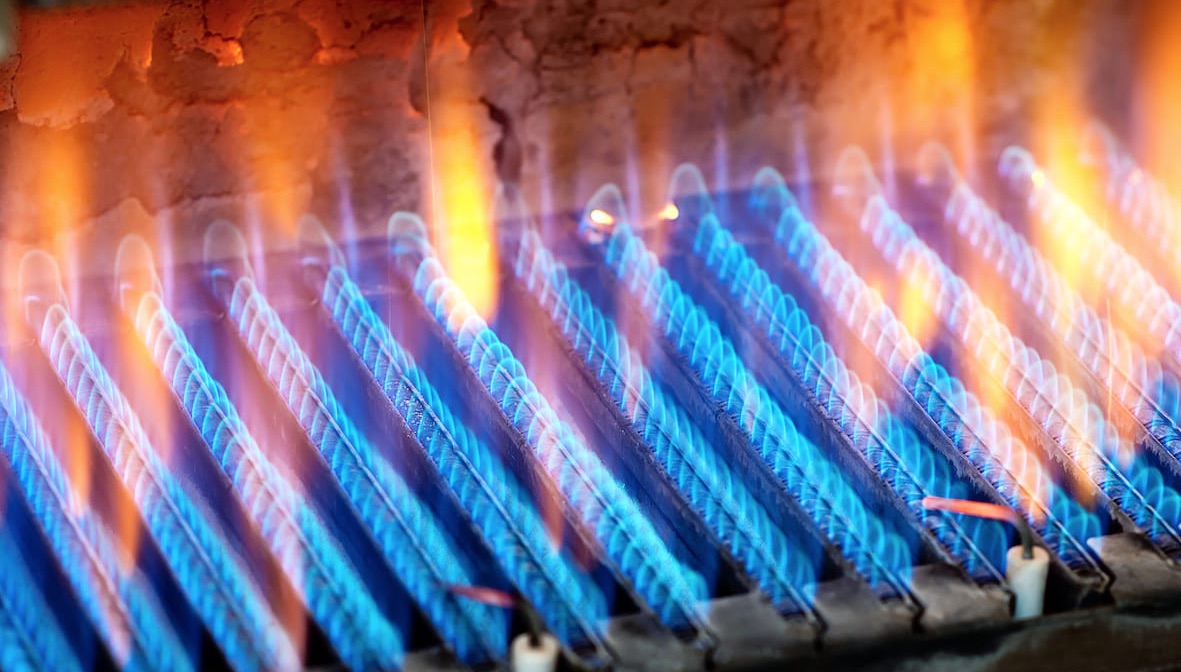
Clarifications on Article 17(15) of the EPBD
Among the numerous landmark measures included in the revised Energy Performance of Buildings Directive (EPBD) is the early end to incentives for new autonomous fossil fuel boilers, which precedes other deadlines. This ban on national funding comes without exceptions but clearly requires some clarifications.
To this end, the European Commission has published a guidance document today. It is a ten-page set of guidelines that clarifies the rule in question, providing necessary interpretations and definitions for implementing this ban within the various national incentive schemes.
The gradual removal of subsidies for these devices is outlined in Article 17(15) of the recast EPBD Directive, which states:
“As of January 1, 2025, Member States shall no longer offer financial incentives for the installation of standalone boilers powered by fossil fuels, except for those selected for investments before 2025, in accordance with Regulation (EU) 2021/241, Article 7(1)(h)(i), third indent of Regulation (EU) 2021/1058, and Article 73 of Regulation (EU) 2021/2115 of the European Parliament and Council.”
When financial incentives for autonomous boilers are no longer allowed (and when they are)
The Commission’s document clarifies several concepts, including the notion of “financial incentives,” and details what will be allowed and what will be prohibited.
According to the Commission’s interpretation, the ban applies to subsidies for the purchase, assembly, and operation of boilers that burn fossil fuels such as solid fuels, natural gas, and oil, and that are autonomous — meaning not combined with another heat generator that uses renewable energy.
It specifies that whether a gas boiler is considered “fossil fuel-powered” or not depends on the fuel mix in the gas grid at the time of installation. As a general rule, where the local gas grid predominantly supplies natural gas, the installation of gas boilers should not receive financial incentives. In other words, if the local gas grid predominantly carries renewable fuels, such as biomethane or hydrogen, gas boiler installations may still receive subsidies.
Hybrid heating systems
The Commission also highlights that some subsidies may still be allowed, such as those for hybrid heating systems that combine a “fossil” boiler with a renewable energy heat generator.
In this case, however, incentives should be granted only for systems with a significant share of renewable energy and in proportion to the extent that renewable energy is used. “Therefore, the installation of a heating system based 100% on renewable energy should receive stronger incentives compared to the installation of a hybrid heating system.”
Pay attention to labeling
The document also points to an important consideration: while Article 17(15) of the EPBD does not exclude financial incentives for the installation of boilers powered by renewable fuels, such incentives may be excluded under Article 7(2) of the Energy Labelling Regulation. Why? Because this regulation requires Member States to direct incentives to “the two highest populated energy efficiency classes” or to the highest classes as established in any EU delegated act regarding product energy labeling.
“This means that for space heating devices with a capacity of up to 70 kW and covered by the energy label, Member States can only incentivize those within the two highest populated energy efficiency classes.”
Currently available data shows that autonomous boilers do not fall within these categories, regardless of the fuel used.
However, this rule does not apply to boilers specifically designed to use gaseous or liquid fuels produced primarily from biomass, as these are not subject to EU energy labeling regulations.